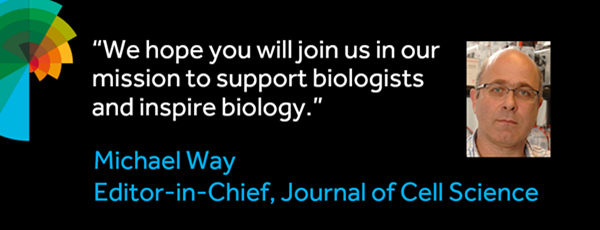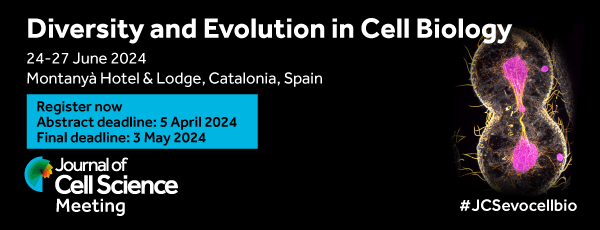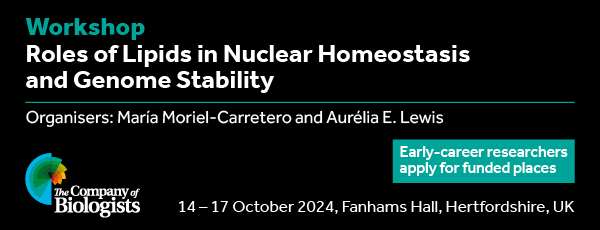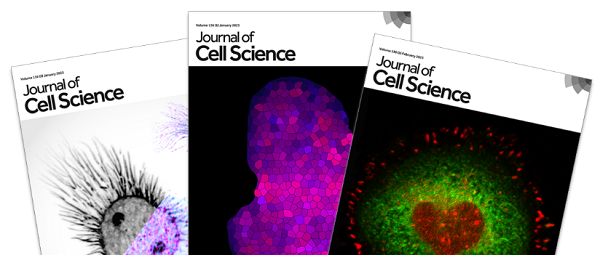
Mitosis and cytokinesis in the binucleate intestinal parasite Giardia intestinalis must ensure that both daughters inherit one copy of each parental nucleus and a full set of the complex cytoskeletal structures required for parasite virulence. Previous work has suggested that mitosis in Giardia involves unconventional mechanisms for chromosome segregation. But, on p. 4889, Zacheus Cande and colleagues report that, although it does have several distinctive aspects, the major cytological events of Giardia mitosis (including chromosome segregation) resemble those in other organisms. The authors use 3D deconvolution light and transmission electron microscopy and conserved cytological markers to analyse mitosis and cytokinesis in Giardia. One distinctive aspect they reveal is a `semi-open' mitosis in which the two spindles are outside the nuclei and access the chromatin through openings in the nuclear membranes, which remain intact throughout mitosis. Overall, the authors propose that lateral chromosome segregation along the left-right axis and cytokinesis along the longitudinal plane (perpendicular to the spindles) ensure that Giardia progeny inherit one copy of each parental nucleus with mirror-image symmetry.







